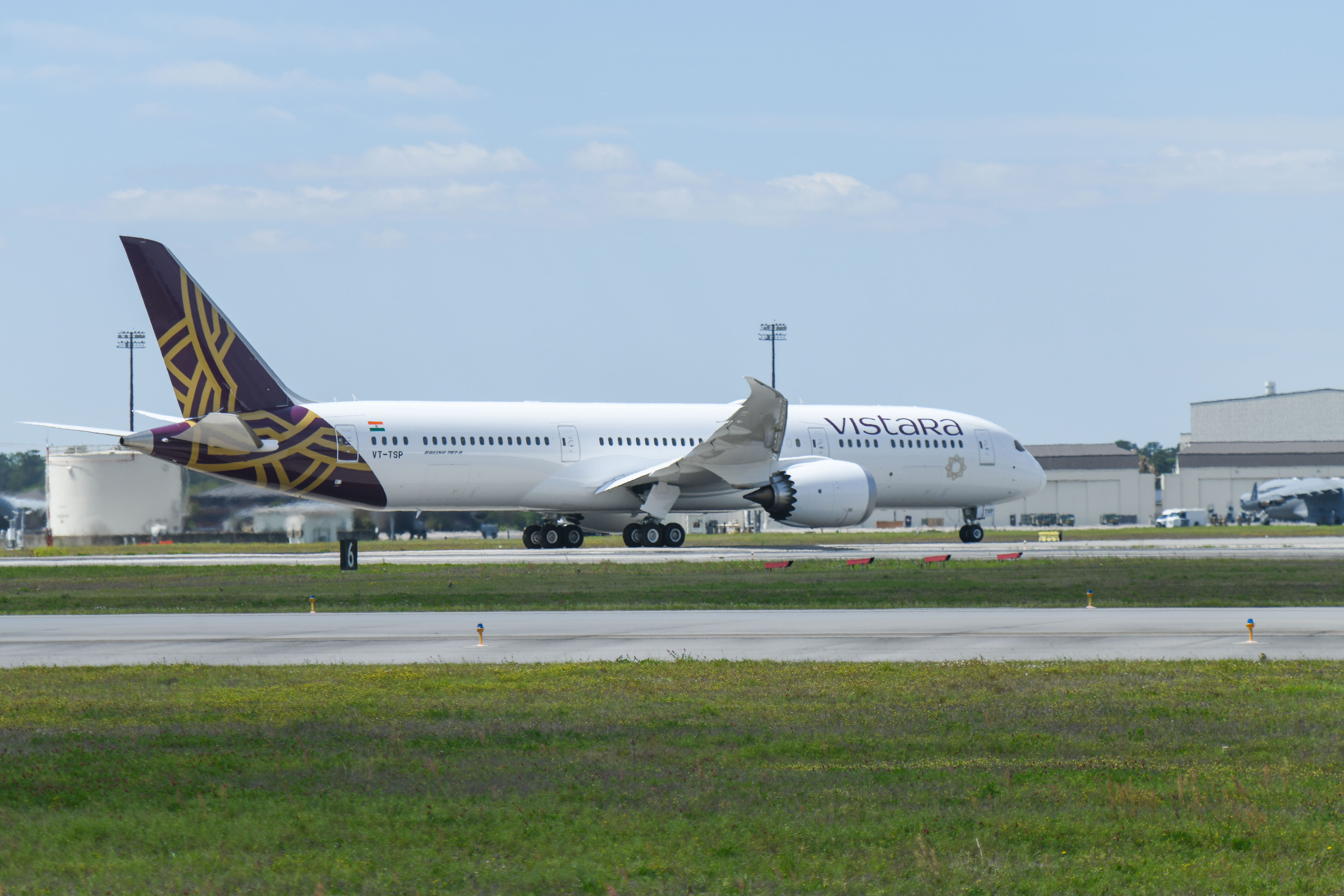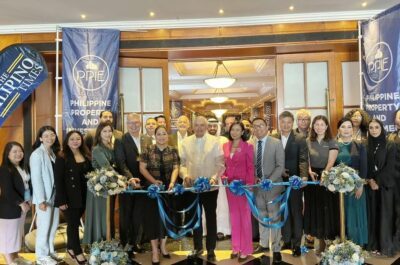…
A veteran of the travel and tourism industry, Mr Suraphon Svetasreni, TAT Deputy Governor for Marketing Communications, has been appointed the new Governor of the Tourism Authority of Thailand.
Mr Svetasreni, the eighth governor since the founding of the national tourism organization in 1960, will officially assume his duties for a four-year term from 1 January onwards.
Mr Svetasreni joined TAT in September 1977. In his 32 years with the organization, he has contributed to the success of the kingdom’s notable global destination marketing campaigns, led the charge on strategic and tactical marketing and public relations campaigns, and has been involved in tourism product development. He has also personally championed crisis management efforts for the Thai tourism industry. In undertaking all of these roles, Mr Svetasreni has always endeavoured to meet the needs and expectations of the Thai tourism industry with dedication, professionalism and finesse.
Over 20 years of experience in marketing communications, advertising and public relations, both in Thailand and overseas, have proved a tremendous asset in Mr Svetasreni’s role in spearheading Thailand’s crisis communications and confidence-building tourism recovery efforts.
His involvement in crisis communications began in 1991 when TAT launched The World — Our Guest, Thailand’s first ever tourism recovery programme following the coup d’etat in February that year. Recognizing the impact that various types of crisis can have on Thai tourism, and the need to manage these risks, Mr Svetasreni established the TAT Crisis Communication Centre in 2001 to facilitate communication, coordination and networking between internal departments within TAT as well as with private sector trade partners in the various tourism sub-sectors.
Under Mr Svetasreni’s leadership, the TAT team has undertaken crisis communications and tourism recovery efforts on behalf of the Thai tourism industry during the following crises: 9/11 in 2001; SARS in 2003; Avian Influenza in 2004; the Indian Ocean-Andaman tsunami in 2004; and the military coup in 2006.
In addition to his role as TAT Deputy Governor for Policy and Planning, Mr Svetasreni was appointed Head of TAT’s Tourism Intelligence Unit and Crisis Communication Centre (TIC) in March 2007. This played a vital crisis communications role during the airport closures in late 2008, the political unrest in April 2009 and the Influenza A (H1N1) global epidemic.
In formulating a new strategic direction and strategies for promoting Thai tourism in an environment where constant change and uncertainty are the norm, Mr Svetasreni has identified four key trends that are changing the marketing landscape as well as the economics of travel and tourism, worldwide. These are:
- The digital phenomenon characterized by the exponential growth in new media which have revolutionized the way in which individual consumers are being engaged, how they interact with each other through social networking, plan travel, make purchases and generally shape myriad lifestyle activities online 24/7.
- The quest for sustainable tourism has brought increasingly urgent and persistent calls for tourism operators to assume far greater responsibility in ensuring the highest possible degree of environmental protection.
- The drive for marketing innovation through value creation especially in tandem with the nurturing of a “creative economy.” In the face of intensifying competition, this is seen to be the new and vital competitive edge in Thailand’s international marketing efforts.
- The economic emergence of Brazil, Russia, India and China – the BRIC countries – which together represent the developing world’s fastest-growing economies.
- The trend towards a decentralization of tourism resource management and utilization broadens the base of tourism stakeholders.
These phenomena have brought about fundamental shifts in social values, as well as consumer preferences affecting key purchase decisions.
In his new role as TAT Governor, Mr Svetasreni takes on the responsibility of leading TAT and the Thai tourism industry through an era of dynamic change. In his vision statement, Mr Svetasreni mapped out the following mission which takes into account the designated organizational roles and responsibilities for the national tourism organization as outlined in the 2551-2554 (2008 – 2011) State Enterprise Plan.
– To take TAT’s marketing excellence to a new level by strengthening organizational capabilities and boosting readiness to respond to the diverse challenges presented by an ever-changing operating environment
– For TAT to assume a leadership role in tourism – one of the two key drivers of Thailand’s economic growth, and coordinate efforts between state agencies, commercial organizations and community organizations for mutual public-private sector benefit.
To achieve the above, the new TAT agenda will focus on the following priorities -placing greater emphasis on digital marketing; strengthening the Thailand brand image; promoting sustainable tourism; and ensuring effectiveness in crisis management response.
Implementation
To achieve the vision, mission and objectives as outlined, the new TAT Governor mapped out two strategic fronts that are to be given equal priority – tourism marketing and organizational management.
On the tourism marketing front, the new TAT Governor reiterates that both TAT and the Thai tourism industry overall need to embrace the increased use of new media to be able to reach online audiences and connect with them more effectively. Increased use of information technology (IT) to achieve marketing objectives and goals, and more extensive use of new media and digital marketing in conjunction with emotional marketing will be the new platforms driving marketing innovation in the Thai tourism industry.
New age marketing also calls for more accurate market segmentation and precision marketing – the ability to reach relevant target market segments and individual customers and engage them by communicating clear messages. Through this process of crystallization, the Thailand brand, its products and destinations should be made much clearer to both enterprises (tourism operators and service providers) on the one hand and individual tourists on the other. This process of engagement must also be transparent with all relevant tourism stakeholders able to access and view each other’s complete information.
The new TAT Governor noted that while there is excellent awareness of the existing Amazing Thailand brand within the target market segments, in order to maintain and increase market share in today’s highly competitive market environment, TAT may need to resort to “emotional” marketing strategies to offset factors and variables that cannot be influenced or controlled. Mr Svetasreni believes that by engaging individual consumers on an emotional level, the customer’s relationship with Thailand is strengthened thereby reinforcing it in their mind as a top destination choice.
With plans to ramp up the national tourism organization’s online presence to more effectively promote Destination Thailand in the digital arena, online marketing will now represent 30 per cent of TAT’s total marketing mix. TAT will continue to invest in the development of TAT’s main tourism portal web site – TourismThailand.org to leverage the full marketing potential that Web 2.0 and Social Networking offers and take TourismThailand.org to the next generation – Web 3.0, the IT platform that promises to deliver even more powerful benefits to the online consumer.
Organizational Management
Mr Svetasreni firmly believes that effective organizational management is key to TAT fulfilling its leadership role in the Thai tourism industry.
Mr Svetasreni pledged to boost internal organizational efficiency by making TAT a true learning organization in which TAT staff are presented with opportunities to undergo core competency training to further sharpen their marketing skills and individual capabilities.
The development of an integrated marketing database within TAT is also seen to be another vital asset and value-added service that TAT will be able to provide to stakeholders in the Thai tourism industry. Beyond facilitating internal decision-making processes within TAT and supporting risk management and crisis management needs, the information base will enable TAT to provide timely and reliable marketing intelligence to facilitate decision-making and planning.
Mr Svetasreni recognizes that in assuming the leadership role in the tourism industry, stakeholders will inevitably have elevated expectations of TAT. Efficient internal coordination and improved staff productivity will be essential to making the critical difference to TAT’s and Thailand’s success.
In working towards the set goals, his immediate personal priorities at TAT will be to promote a better understanding among TAT staff about the organization’s role and responsibilities for the next decade, and to ensure that staff at all levels have a clear understanding of the vision, goals and processes involved. This in turn will contribute positively to the performance tracking and evaluation procedures being implemented.
Vicky is the co-founder of TravelDailyNews Media Network where she is the Editor-in Chief. She is also responsible for the daily operation and the financial policy. She holds a Bachelor's degree in Tourism Business Administration from the Technical University of Athens and a Master in Business Administration (MBA) from the University of Wales. She has many years of both academic and industrial experience within the travel industry. She has written/edited numerous articles in various tourism magazines.















































































